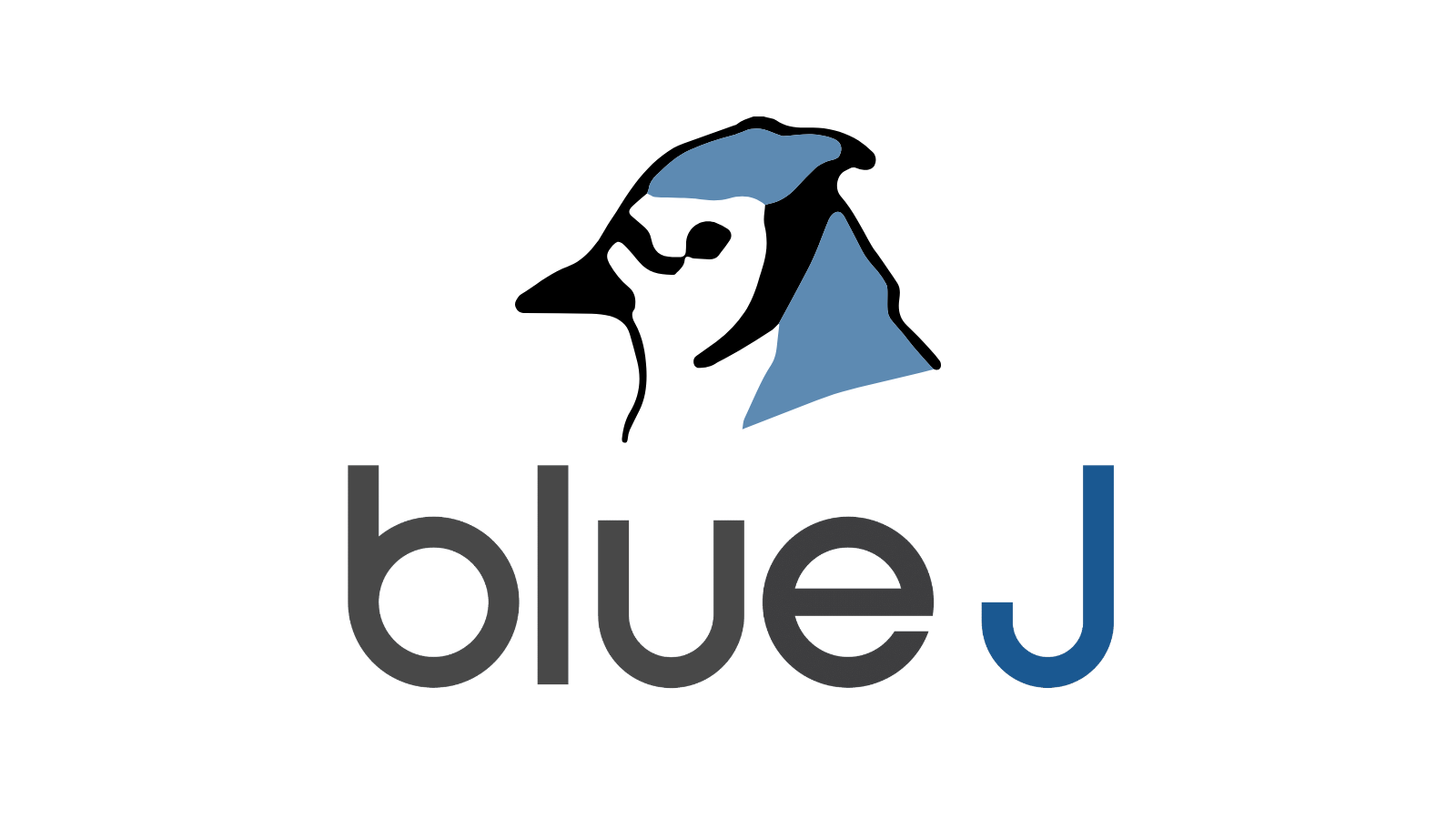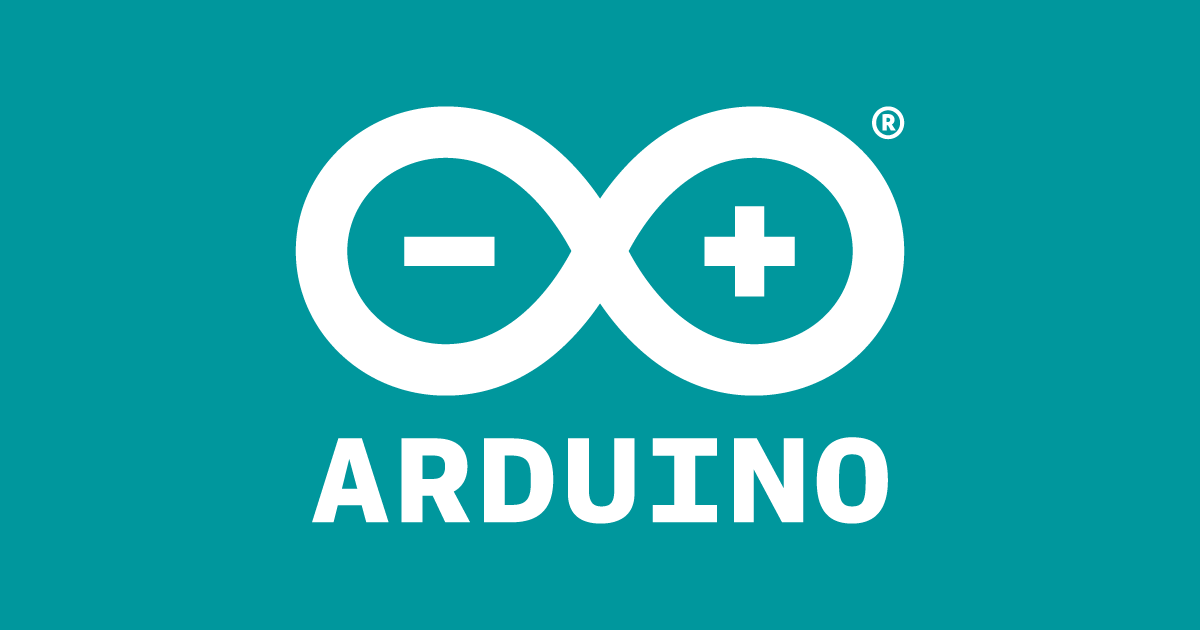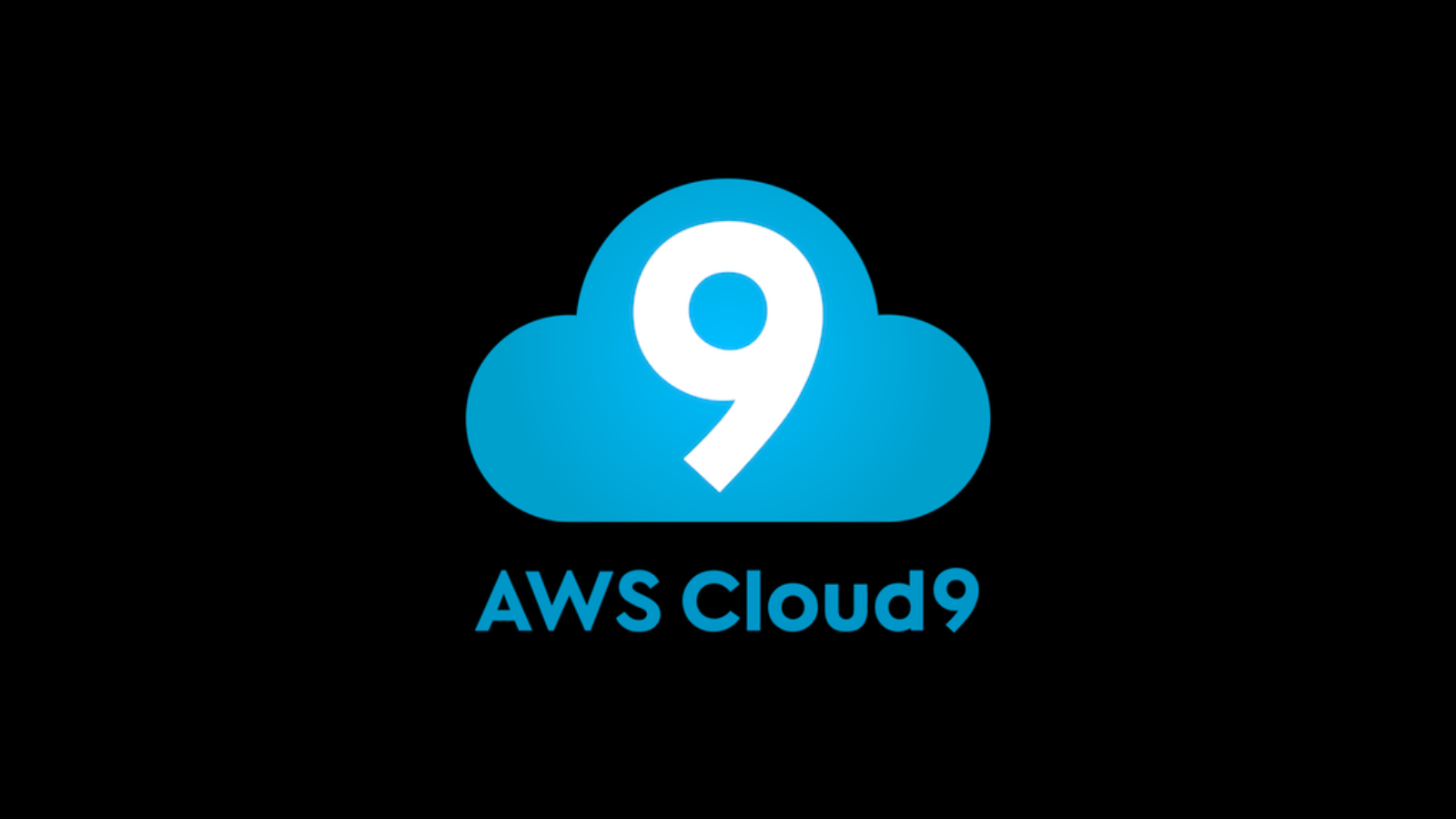Customizable text editor with powerful commands.
Emacs is a highly customizable and extensible text editor initially developed in the 1970s by Richard Stallman and the Free Software Foundation. Known for its powerful text-editing capabilities, Emacs is more than just a text editor; it is an entire development environment that can be adapted to almost any workflow or task. It supports multiple programming languages, features a wide range of built-in tools, and offers endless extensibility through Emacs Lisp (Elisp). Emacs is popular among developers, researchers, and power users who appreciate its flexibility, customizability, and efficiency.
Key Features:
- Extensible with Emacs Lisp (Elisp): Emacs is built on Emacs Lisp, a dialect of the Lisp programming language, which allows users to extend and modify almost every aspect of the editor, from creating new commands to building entire applications.
- Multi-Programming Language Support: Supports a wide range of programming languages, including Python, JavaScript, Java, C/C++, Ruby, HTML, CSS, and many more, with syntax highlighting, code completion, and refactoring tools.
- Integrated Development Environment (IDE) Capabilities: Provides IDE-like features, such as a built-in debugger, version control integration (Git, SVN, Mercurial), task management, and a powerful shell interface.
- Org Mode: A powerful tool for project management, task tracking, note-taking, and document authoring, often used for creating to-do lists, writing documents, and even coding literate programming documents.
- Multiple Buffers and Windows: Allows for editing multiple files and buffers simultaneously, with support for split-screen, multi-window editing, and tab management.
- Built-in Terminal Emulator: Includes a terminal emulator that allows users to run shell commands, scripts, and even manage servers directly within the editor.
- Custom Themes and Interfaces: Offers customizable themes and interfaces to personalize the editing environment to suit individual preferences.
- Package Manager (MELPA): Includes a package manager with access to MELPA (Milkypostman’s Emacs Lisp Package Archive) and other repositories, providing thousands of plugins and packages to extend Emacs’ functionality.
- Cross-Platform Compatibility: Runs on various platforms, including Unix, Linux, macOS, and Windows, providing consistent performance across different environments.
Benefits:
- Highly Extensible and Customizable: Emacs can be extended and customized to an unparalleled degree, allowing users to tailor the editor to their specific needs, workflows, and preferences.
- All-in-One Development Environment: Offers a comprehensive suite of tools and features that make it a versatile development environment for multiple languages and use cases.
- Efficient Text Editing: Provides powerful text-editing features, such as macros, search-and-replace with regular expressions, and keyboard shortcuts, which can significantly speed up repetitive tasks.
- Strong Community Support: Backed by a passionate community of developers and users, Emacs offers extensive documentation, tutorials, plugins, and extensions for nearly every conceivable use case.
- Open Source and Free: Emacs is free and open-source, available under the GPL license, making it accessible to developers, researchers, and enthusiasts worldwide.
Strong Suit: Emacs’ strongest suit is its extreme extensibility and customizability, which allows users to transform the editor into a powerful, all-purpose development environment tailored to their unique workflows.
Pricing:
- Free: Emacs is open-source and available for free under the GNU General Public License (GPL).
Considerations:
- Steep Learning Curve: Emacs has a steep learning curve, especially for users unfamiliar with its keybindings, command-based operations, or Lisp programming for customization.
- Resource Usage: Although Emacs is lightweight compared to modern IDEs, extensive customization and the use of multiple packages can make it resource-intensive over time.
- Minimalist Interface: Its text-based interface may feel outdated or less intuitive to users accustomed to modern graphical interfaces, requiring time to adapt.
- Requires Customization for Full Potential: To unlock its full potential, users often need to invest time in configuring Emacs, installing plugins, and possibly writing custom scripts in Elisp.
Educational IDE for learning Java.
IDE for programming Arduino microcontrollers.
Cloud-based IDE with collaborative features.
Summary: Emacs is a powerful, extensible text editor that offers a vast range of capabilities beyond simple text editing, making it suitable for a wide variety of development tasks, project management, and more. With its deep customizability, support for multiple languages, and extensive plugin ecosystem, Emacs can be tailored to fit any workflow. However, its steep learning curve, minimalist interface, and requirement for customization may pose challenges for beginners. Despite these considerations, Emacs remains a popular choice for power users and developers who value flexibility, efficiency, and the ability to create a personalized development environment.














